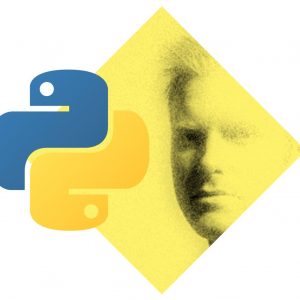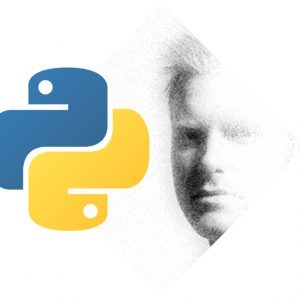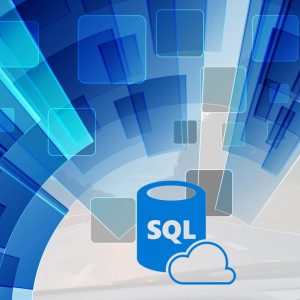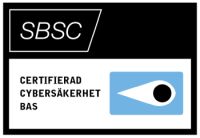Beskrivning
The course adheres to the guide lines defined by Joshua Bloch in ”Effective Java”, and systematically covers a number of areas within software development using core Java APIs.
You will get a thorough understanding of the power of unit testing, thereby avoiding common errors and pitfalls. Core Java APIs will be covered in detail. The course expands on the many new features introduced in Java, such as the Date & Time API, functional programming using lambda expressions, enhanced interface definitions and the new Stream API.
Code examples/exercises will be presented in UML and correct robust Java code, complemented by a great number of predefined unit tests.
Target Group
Java programmers who want to enhance his/her competence in Java programming aiming for producing robust code of great quality. Developers having skills from a previous Java version, who need an update and want to get a deeper knowledge of the Java programming language and its core APIs. Experienced C++ / C# programmers who want an introduction to Java at full speed!
Hands-On
Every chapter is backed by complete examples that are ready to run. In addition there are a number of exercises that will be addressed and discussed during the course. All Java code, examples and solutions, will be part of the documentation available for participants.
Documentation
Copies of course slides
Complete code for all examples/exercises
Recommended reference literature:
“Effective Java 3rd ed” Joshua Bloch
Contents:
Day 1
1. Unit Testing
2. Overriding Object Methods
3. Exception Handling
4. Software Design – Classes
5. Software Design – Interfaces
Day 2
6. Generics and Typesafe Collections
7. The Collections Framework in Detail
8. Enums
9. Optional
Day 3
10. Modules in Java
11. Java I/O
12. Lambda Expressions
13. Date & Time API
Day 4
14. The Streams API
15. Additional Features from Java 17 – Java 23











Recensioner
Det finns inga recensioner än.